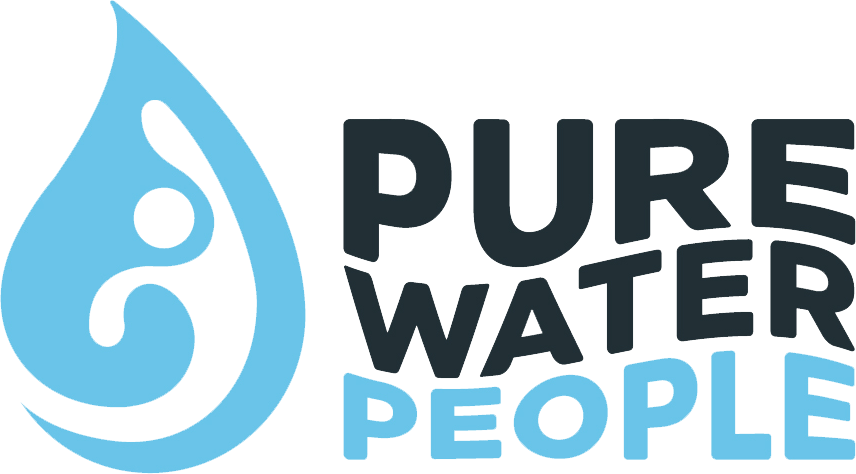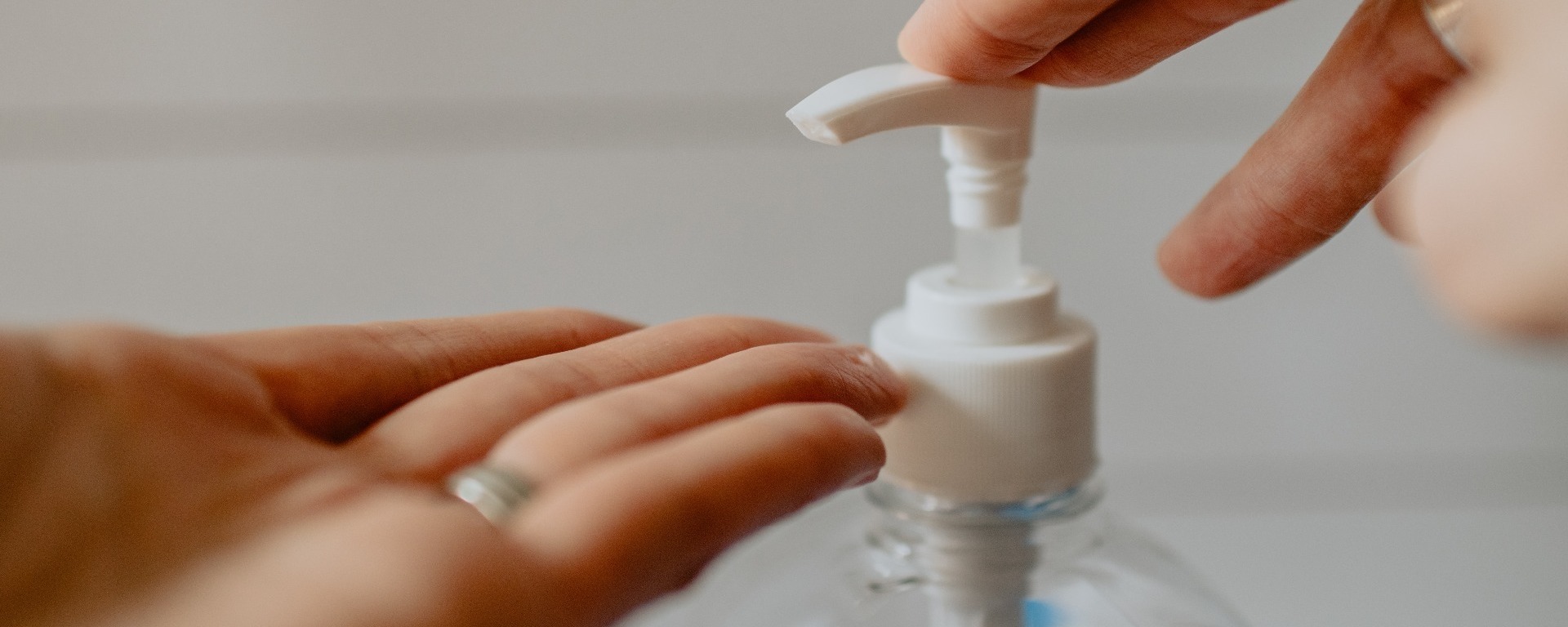Are alcohol based hand sanitisers giving you dry skin?
Posted on 22nd July 2020 at 14:36
These past few months we've all been experiencing some strange times. On top of all of the other changes we've been making in our day to day lives, it has also become the norm to frequently wash and sanitise our hands. Imagine you are out on a shopping trip and are visiting a few different shops – you could easily end up applying hand sanitiser multiple times without even thinking. For most people this will have been quite a dramatic change to their daily routine and it's playing havoc on our skin, causing damage by flaking and dryness.
We’re all still washing/sanitising our hands where necessary, but the definition of “where necessary” has now, quite literally, changed to "all the time".
Frequent hand washing is known to aggravate skin, especially when hard water is being used by people with skin complaints such as eczema and psoriasis; factor in the significantly increased use of alcohol-based hand sanitisers and you really have to ask the question...what does this mean for my skin?
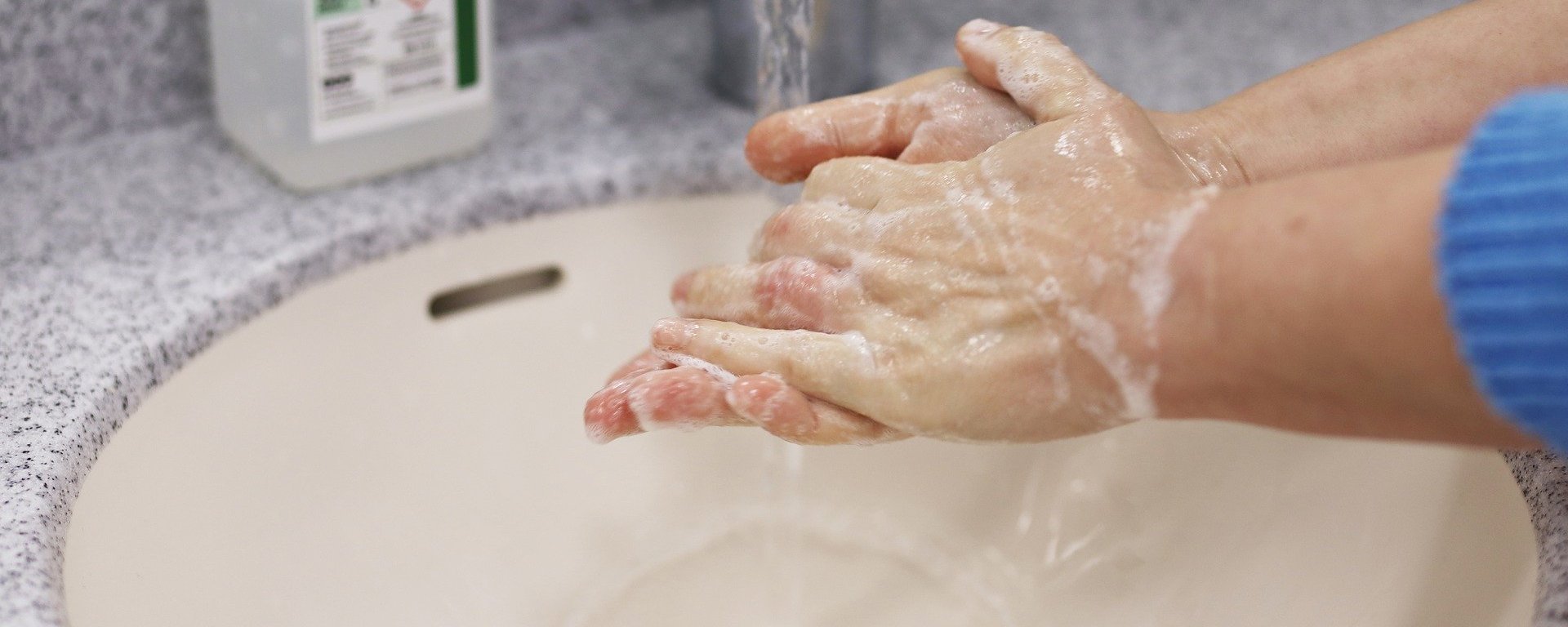
The role of the skin barrier
Your skin is protected by an outer layer, your skin barrier (also referred to as the stratum corneum or lipid barrier). This is mostly comprised of corneocytes (a specialised, tougher type of skin cell) and lipids (ceramides, to be specific). The lipids act as a cement, to keep this barrier, this ‘brick wall’, together. This keeps out bacteria and toxins, as well as locking in hydration.
It’s when this barrier becomes damaged that you experience dryness and irritation. The increased permeability that results from the stratum corneum’s balance being compromised gives way to irritants and makes it more difficult for it to retain moisture. Frequent and prolonged hand washing and the use of alcohol-based hand sanitisers can cause this damage.
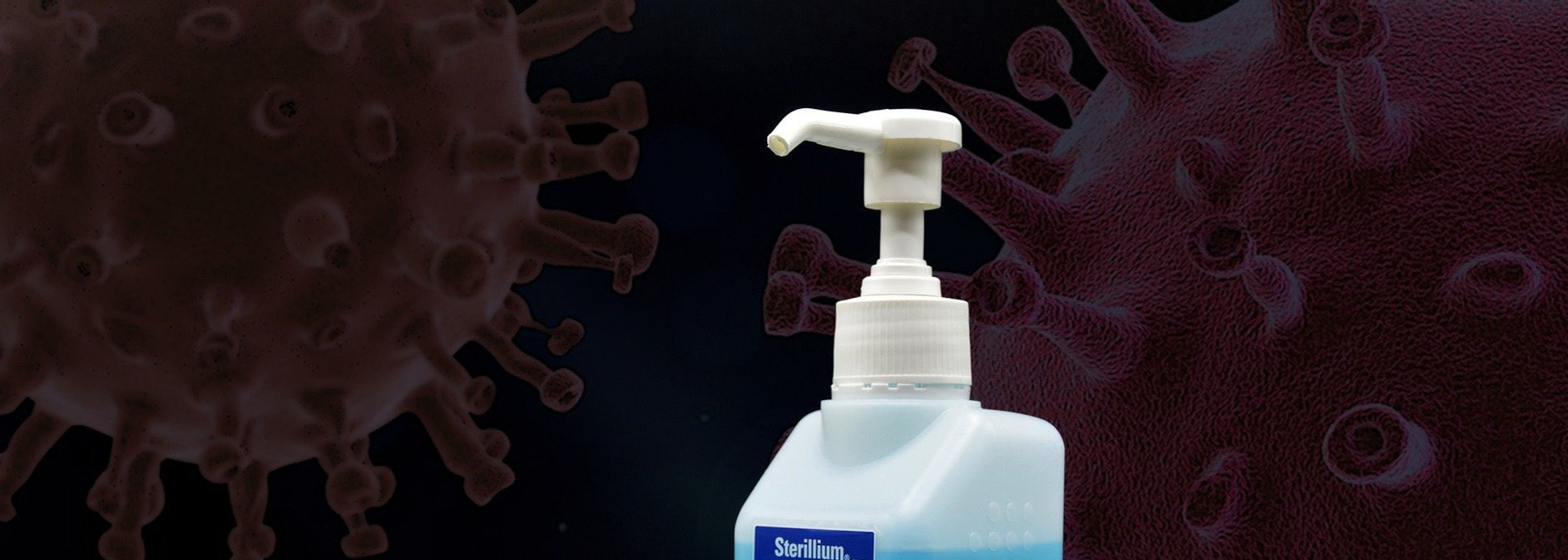
Hand sanitisers and alcohol
Alcohol can be quite irritating to skin and can cause dryness. To be effective in this fighting this pandemic, hand sanitisers have to be at least 65% alcohol. The alcohols typically used in alcohol based hand sanitisers are ethanol, n-propanol and isopropanol. You can expect to see a combination of these in any given (alcohol-based) hand sanitisers.
A particularly interesting and useful 2016 study actually measured the differing effects of ethanol, n-propanol and isopropanol on the skin barrier. This was achieved by measuring the ways in which the different types of alcohol affected keratinocytes (epidermal cells) and different enzymes (specifically kallikrein 5 and phospholipase A2).
The findings from the study demonstrated that n-propanol and isopropanol were the least friendly to skin, causing a greater denaturing effect to the two enzymes than ethanol did, as well as a more damaging effect to skin condition and function than ethanol.
The suggestion here is that if you’re using an alcohol based hand sanitiser, you’re better off with an ethanol based one. So have a look at that label (it should be noted that isopropanol is also referred to as isopropyl, so keep an eye out for that).
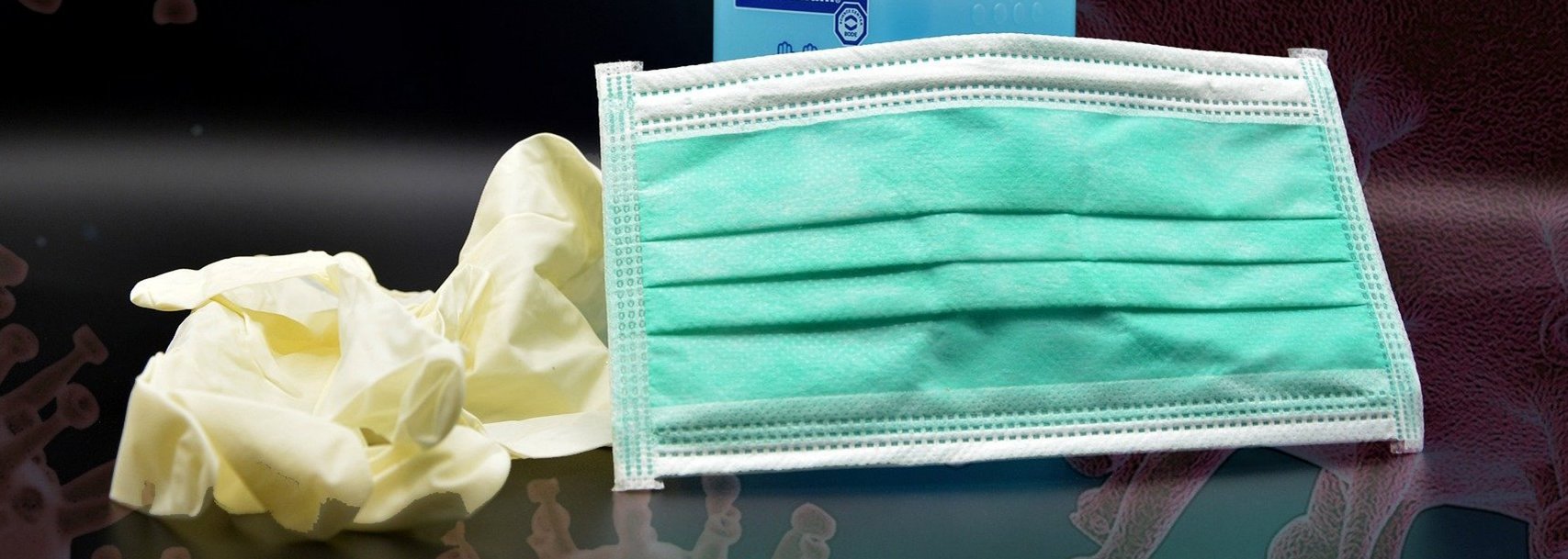
Where we come in
A major aspect of repairing your skin barrier is hydration. This is very important to us here at the Pure Water People; one of the major benefits of our purification systems is that the purified water from them is very kind to skin, as it rehydrates it much more effectively due to its softness and lack of chemicals.
For this reason, using purified and conditioned water is much kinder to your skin than untreated, hard water.
In any case, we highly recommend that you take care of your skin by adding the right things to your routine. You can get fantastic, enriching, aloe vera based, anti-bacterial moisturisers and even hand sanitising gel with aloe vera. Protecting and remoisturising your skin is now more important than ever, so don't neglect it!
And, of course, stay safe.

For more information on skin conditions, have a look at verywellhealth - they have a lot of useful information about skincare!
Share this post:

